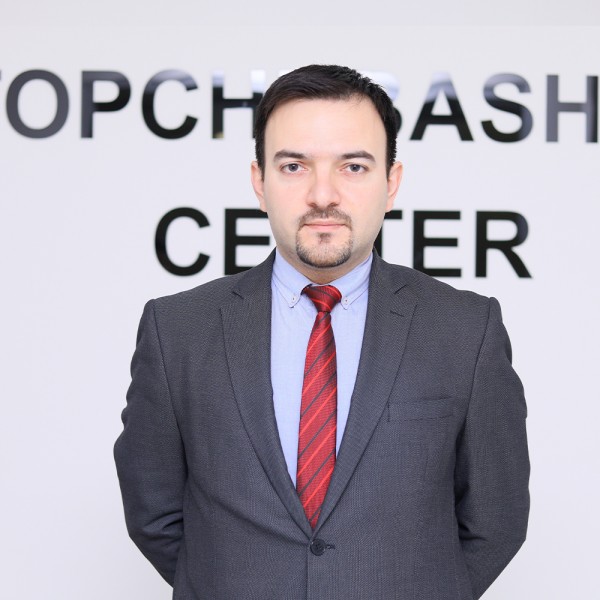French provocative policy during and after the Karabakh conflict
According to the preliminary post-conflict assessment, the second biggest loser in the Second Karabakh War after Armenia seems to be the European Union. The latter, which could not confront the Russian assertive policy both in Georgia and Ukraine in the near past, once again failed miserably in its eastern neighborhood. Lacking hard power and facing deep internal cracks, the EU remained an outside observer to eyewitness not only Armenia capitulate before Azerbaijan, but also Turkey and Russia reaffirm their geopolitical ambitions in the South Caucasus.
As one of the leaders of the EU, France does, however, not seem to easily accept the new realities being established in the region. Heavily influenced by the Armenian lobbying groups, the French Senate adopted on 25 November a non-binding resolution that calls on the government to recognize the so-called “Nagorno-Karabakh Republic”.
One of the co-chairs of the Minsk Group designed to provide neutral mediation efforts for the Karabakh peace deal, France had failed to produce anything substantive in the negotiation process in the past 25+ years. Led by President Emmanuel Macron, France has recently lost another important element of its co-chairing position: neutrality. Openly siding with Armenia and seeming dissatisfied with Azerbaijan`s determination to restore its territorial integrity, Macron repeatedly voiced controversial statements during the war and urged the parties to end the hostilities.
Yet, France became displeased with the end of the conflict as it was throughout the conflict. Pushed out from the post-conflict mechanisms, France is now trying to reassert its role in the region and Karabakh peace process. The recent discussions and resolution in the French parliament should be explained in this context. Yet, the French Senate`s motion on recognizing the separatist regime installed in Nagorno-Karabakh, provocative and ungrounded in nature, brings no contribution to the peace process and can further inflame the conflict other actors now attempt to extinguish.







